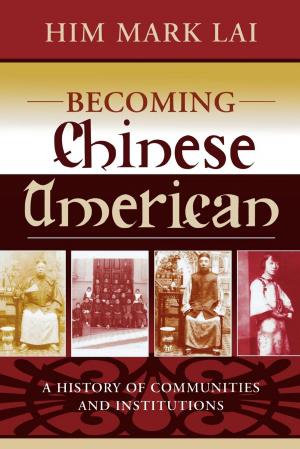Du Bois on Education
Nonfiction, Reference & Language, Education & Teaching, Educational Theory, Multicultural Education| Author: | ISBN: | 9781461666813 | |
| Publisher: | AltaMira Press | Publication: | April 23, 2002 |
| Imprint: | AltaMira Press | Language: | English |
| Author: | |
| ISBN: | 9781461666813 |
| Publisher: | AltaMira Press |
| Publication: | April 23, 2002 |
| Imprint: | AltaMira Press |
| Language: | English |
Although W. E. B. Du Bois was one of the most significant educational thinkers of the twentieth century, many are still unaware of his relevance in this field. DuBois on Education corrects this oversight by collecting Du Bois's major writings on education in one volume. Together these selections powerfully demonstrate Du Bois's commitment to racial educational equality and his contributions to educational thought.
Raised in poverty himself, Du Bois combined public education with determination to become the first African-American to receive a Ph.D. from Harvard. Yet he saw that education could be used to keep down as well as raise up. Arguing against Booker T. Washington and his accommodationist Hampton model, Du Bois called for a radical vision where a "Talented Tenth" of college educated blacks would lead African-Americans to their highest possibilities.
Eugene F. Provenzo, Jr. in detailed introduction traces Du Bois's life as a student and teacher, plus his fights for educational equality throughout his life. He has also given each of the twenty-two selections included in this volume short introductions placing the pieces in their historical and critical contexts.
Du Bois on Education is an important resource for classes in history, education, African-American studies, or for anyone wishing to understand the last 100 years of black American life and education.
Although W. E. B. Du Bois was one of the most significant educational thinkers of the twentieth century, many are still unaware of his relevance in this field. DuBois on Education corrects this oversight by collecting Du Bois's major writings on education in one volume. Together these selections powerfully demonstrate Du Bois's commitment to racial educational equality and his contributions to educational thought.
Raised in poverty himself, Du Bois combined public education with determination to become the first African-American to receive a Ph.D. from Harvard. Yet he saw that education could be used to keep down as well as raise up. Arguing against Booker T. Washington and his accommodationist Hampton model, Du Bois called for a radical vision where a "Talented Tenth" of college educated blacks would lead African-Americans to their highest possibilities.
Eugene F. Provenzo, Jr. in detailed introduction traces Du Bois's life as a student and teacher, plus his fights for educational equality throughout his life. He has also given each of the twenty-two selections included in this volume short introductions placing the pieces in their historical and critical contexts.
Du Bois on Education is an important resource for classes in history, education, African-American studies, or for anyone wishing to understand the last 100 years of black American life and education.















